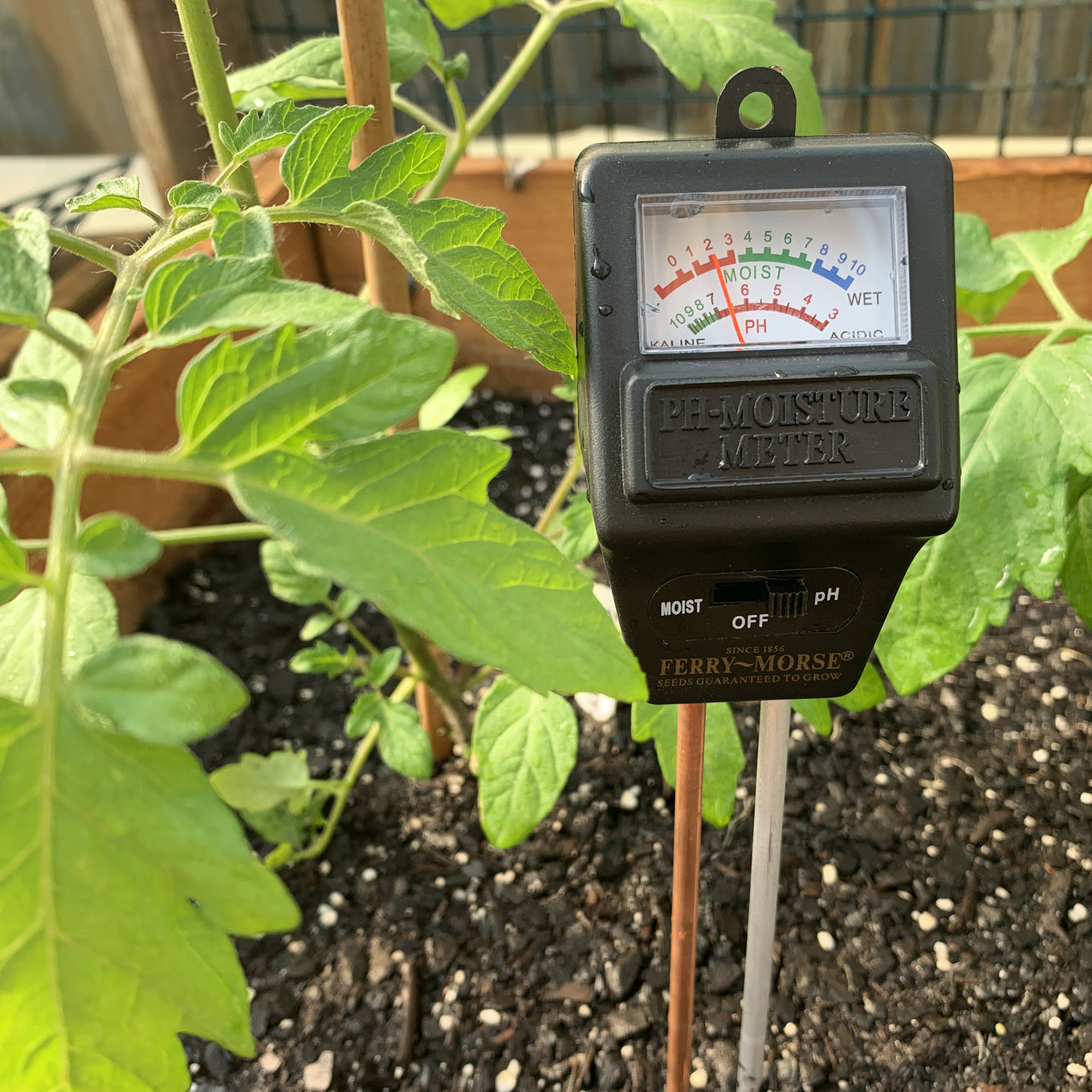The Ultimate Guide to Wetness Meters: A Comprehensive Review and How They Can Save You Cash
In the realm of structure upkeep, building, and different sectors, the significance of precisely gauging dampness degrees can not be overemphasized. Dampness meters offer as vital tools in finding and keeping an eye on moisture web content in materials, helping in preventing pricey problems and making sure the quality of products. Recognizing the nuances of various kinds of dampness meters, their applications, and the prospective cost-saving benefits they supply can be a game-changer for services and professionals alike. Discovering just how these gadgets can not only streamline procedures however also add to monetary savings is a trip worth getting started on.
Types of Moisture Meters
One usual kind is the pin-type moisture meter, which gauges the electrical resistance in between 2 pins placed into a product. Pinless dampness meters, on the various other hand, usage electro-magnetic sensor plates to scan a bigger area without triggering damages to the material's surface area.

Infrared wetness meters gauge the thermal properties of a product to identify its moisture content non-invasively, making them beneficial for applications where pin or pinless meters may not be appropriate. Recognizing the various types of wetness meters available can aid markets choose the most ideal tool for their particular moisture dimension needs.

Advantages of Using Dampness Meters
Wetness meters use very useful benefits in precisely keeping track of and examining wetness degrees in varied products and settings. One of the key benefits of utilizing dampness meters is the prevention of prospective damage created by excess moisture.
In addition, making use of dampness meters can lead to boosted power efficiency. In farming settings, moisture meters play an essential role in maximizing crop yields by making it possible for farmers to keep an eye on dirt dampness levels and make educated irrigation decisions.
How to Choose the Right Dampness Meter
Choosing the appropriate wetness meter includes thinking about key aspects such as product compatibility, measurement array, and calibration accuracy. When picking a moisture meter, it's important to make sure that the meter is suitable for the certain material you will be screening. Different products have varying electric properties that can influence moisture readings, so choosing a meter made for your material is important for accurate results. Furthermore, take into consideration the measurement series of the wetness meter. Ensure that the meter can detect moisture levels within the variety required for your applications. Calibration precision is an additional essential variable to maintain in mind. Choose a moisture meter try this out with reputable calibration to make sure consistent and precise readings. Some meters may need routine calibration adjustments, so understanding the calibration process is essential. By thoroughly reviewing these elements, you can select a dampness meter that fulfills your demands and offers accurate dampness dimensions for your tasks.
Appropriate Methods for Wetness Meter Use

Price Savings With Moisture Meter Applications
Exactly how can the tactical usage of dampness meters lead to considerable expense savings throughout numerous industries? In the agriculture market, dampness meters help in identifying the ideal time for gathering plants, avoiding excess or over-drying wetness that can influence the final item's high quality.
In a similar way, in building and construction, moisture meters aid avoid expensive damages by finding dampness degrees in structure materials, such as wood or concrete, which can lead to structural issues otherwise resolved without delay. By determining issue areas early on, specialists can take corrective actions to prevent considerable repairs or substitutes, ultimately saving money and time.
In addition, in the food handling sector, wetness meters are necessary for checking item quality and ensuring compliance with safety laws. By precisely measuring moisture web content in food, suppliers can prevent wasting, keep quality, and reduce waste, causing significant cost savings. On the whole, the strategic application of dampness meters is a valuable investment that can result in considerable our website cost decreases and boosted efficiency across different industries.
Final Thought
To conclude, wetness meters are valuable tools for measuring and detecting dampness degrees in various materials. By making use of the ideal wetness meter and complying with correct strategies, customers can properly protect against costly damages brought on by excess wetness. Spending in a top quality wetness meter can bring about significant cost savings in the future by recognizing possible problems beforehand and making it possible for prompt remediation. Ultimately, dampness check that meters are important instruments for keeping the integrity and long life of products and structures.
Wetness meters serve as vital devices in identifying and keeping track of moisture material in products, assisting in avoiding pricey problems and ensuring the top quality of products. Infrared moisture meters measure the thermal residential or commercial properties of a product to determine its moisture web content non-invasively, making them helpful for applications where pin or pinless meters may not be appropriate.Moisture meters provide invaluable advantages in properly checking and evaluating moisture levels in diverse materials and settings. In agricultural setups, dampness meters play an important duty in maximizing plant returns by allowing farmers to keep track of dirt wetness levels and make educated irrigation decisions.In final thought, moisture meters are beneficial devices for finding and measuring wetness degrees in different materials.
Comments on “The Ultimate Overview to Selecting the Right Moisture Meter for Your Demands”